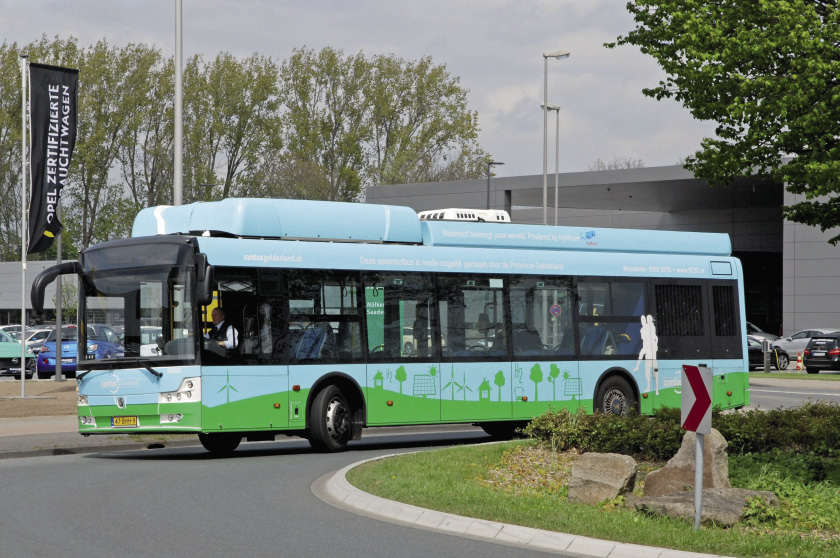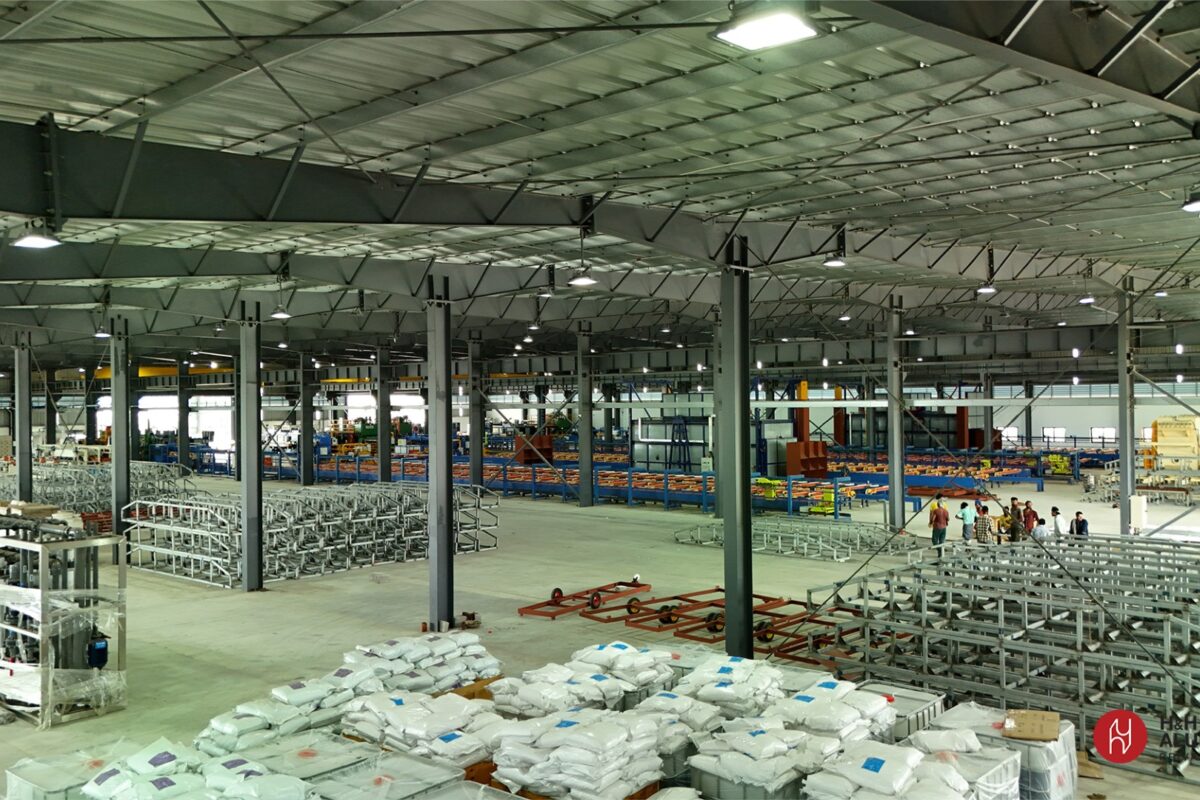From pv magazine Global
Eurac Research scientists have analyzed data from 21 fuel cell electric buses (FCEB) and battery electric buses (BEB) in Italy, comparing efficiency, consumption, temperature sensitivity, distances, and cost. The team has found that the Solaris Urbino 12 FCEB model covered the maximum distance (300 km), followed by Solaris Urbino 12 Electric BEB (279 km), Mercedes O530 Citaro FCEB (271 km), and Solaris Urbino 18 Electric BEB (215 km). Hydrogen buses’ tank-to-wheel (TTW) efficiency is lower than battery electric buses, indicating higher consumption variation for BEBs.
DNV has released service specification DNV-SE-0654, outlining procedures to verify low-carbon hydrogen and ammonia claims. Oslo-based DNV’s new service helps hydrogen producers document compliance, ensuring transparency and credibility in claims, offering validation based on specific attributes.
The Malaysian government has outlined plans for three low-carbon hydrogen hubs in Sarawak State by 2027, featuring a green hydrogen production plant in Kuching by 2025 and two Bintulu plants by 2027 for export. Senior Electrical Engineer Dinesh Manoharan stated that Malaysia’s aim to phase out gray hydrogen by 2050, producing up to 2.5 Mtpa of green hydrogen from renewables, targeting hydrogen adoption in 5% of heavy vehicles by 2050.
Worley has collaborated with Princeton University to devise a 10-point action plan for Europe’s renewable hydrogen sector. Broad adoption of the plan could reduce delivery times by 40% while maintaining disciplined investment. The plan advocates for increased global electrolyzer manufacturing capacity, offshore wind capacity additions, and desalination capacity to achieve the EU’s 10 MTPA renewable hydrogen production goal by 2030.
Enoah said it has placed an order for 101 AEM Electrolysers EL 4.0 from Enapter, scheduled for delivery between the third quarter of 2023 and the first quarter of 2024. The purchases is in line with the company’s expertise in producing fuel cells and electrolysis systems for Power-to-Power applications.
This content is protected by copyright and may not be reused. If you want to cooperate with us and would like to reuse some of our content, please contact: editors@pv-magazine.com.








By submitting this form you agree to pv magazine using your data for the purposes of publishing your comment.
Your personal data will only be disclosed or otherwise transmitted to third parties for the purposes of spam filtering or if this is necessary for technical maintenance of the website. Any other transfer to third parties will not take place unless this is justified on the basis of applicable data protection regulations or if pv magazine is legally obliged to do so.
You may revoke this consent at any time with effect for the future, in which case your personal data will be deleted immediately. Otherwise, your data will be deleted if pv magazine has processed your request or the purpose of data storage is fulfilled.
Further information on data privacy can be found in our Data Protection Policy.